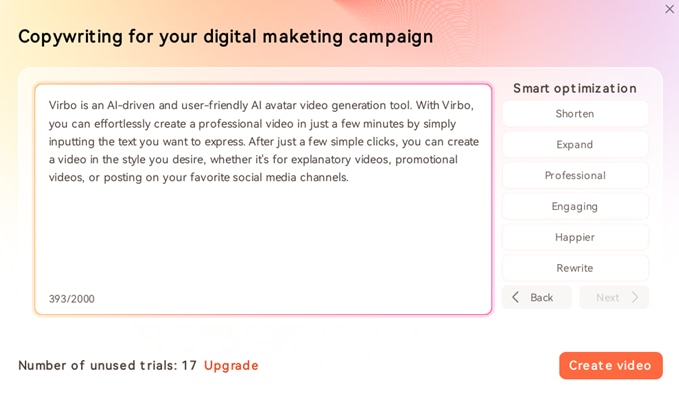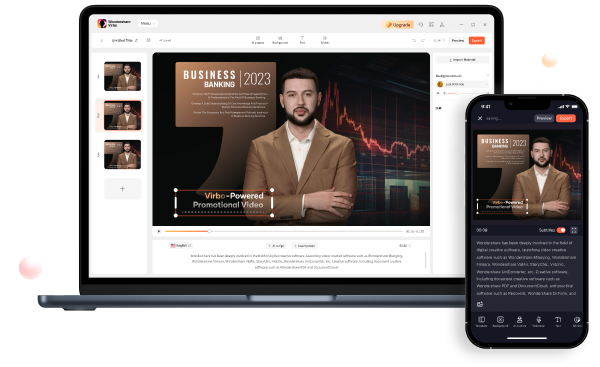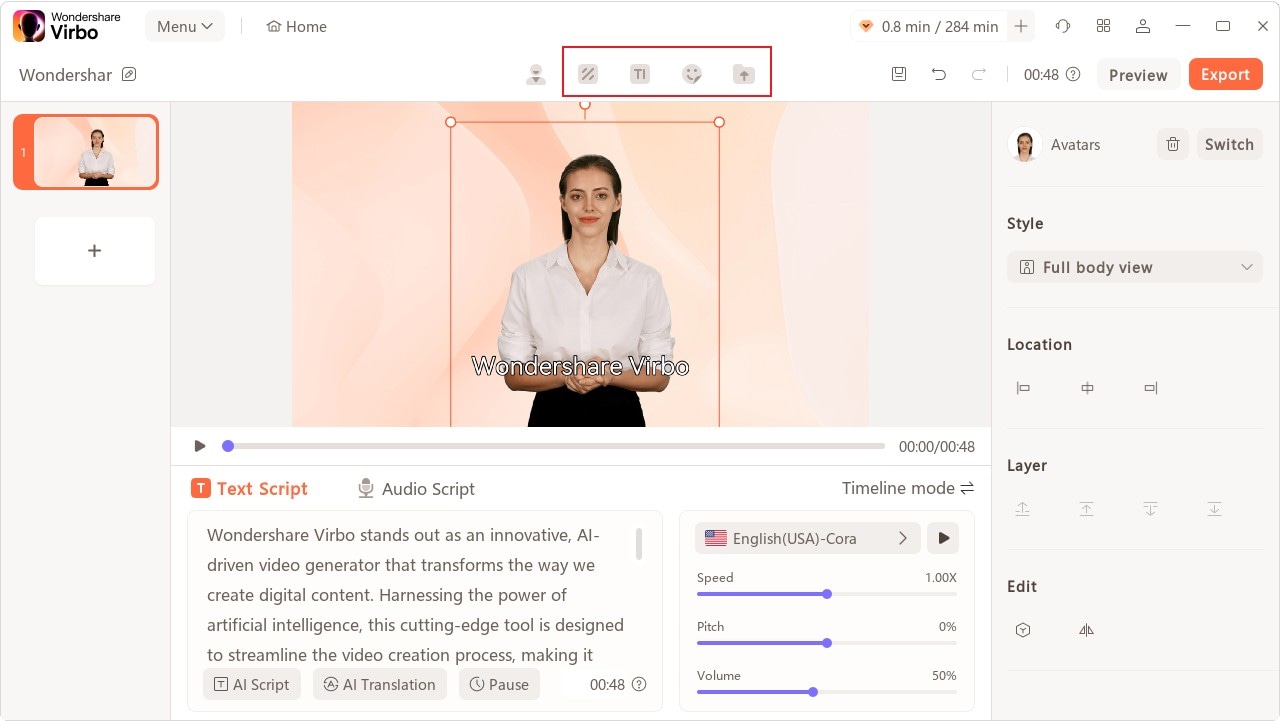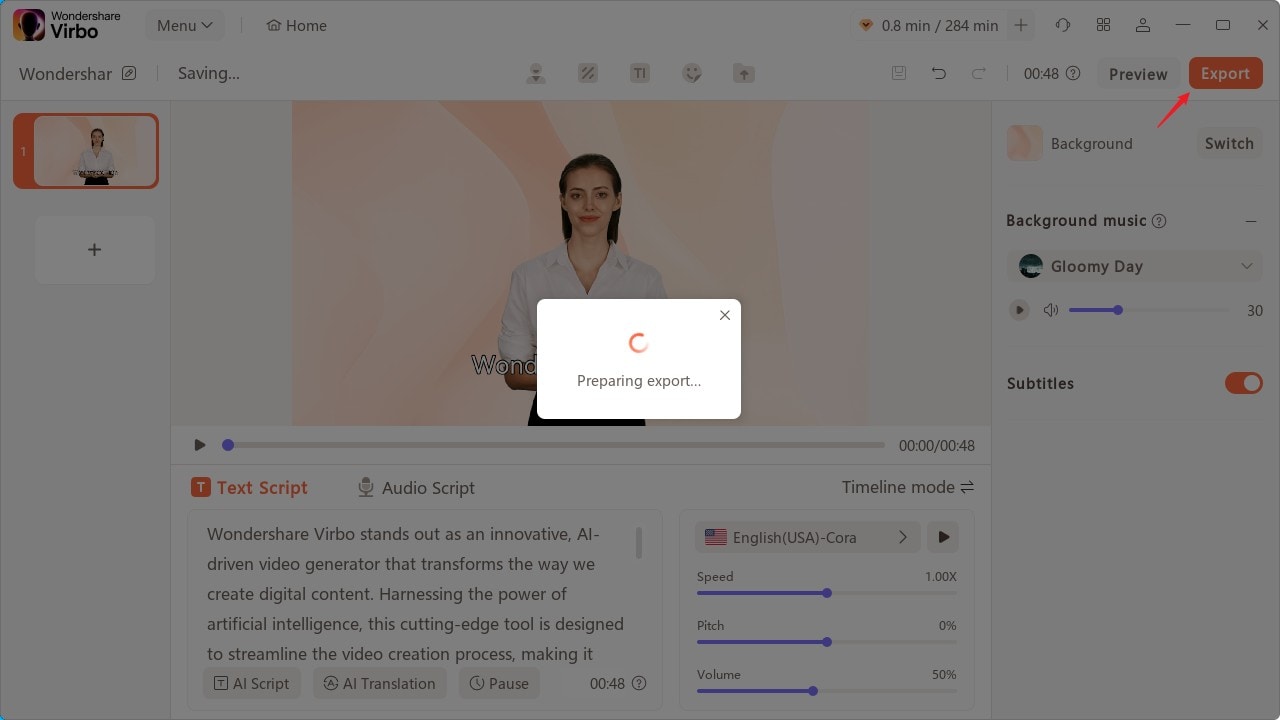
Are all your efforts to attract new customers falling short? Perhaps they are not convincing enough. Marketing has long been perceived as a deceit, carefully crafted to trick us into buying stuff we don’t need. Savvy customers simply don’t trust traditional marketing anymore.
So, what can you do to make them not doubt you when you claim to have the best offer in town? Two words: testimonial advertising. Forward-looking brands already use this tactic to promote their products and services, build social proof, and regain customer trust.
In today’s article, we’ll examine the best examples of testimonial advertising, outline its benefits, and explain how to use it in marketing campaigns. Let’s get started.
In this article
What Is a Testimonial Advertisement and Why It Matters?

Testimonial advertising is when a brand uses customers’ positive reviews as ads on social media, search engines, etc, or posts them as social proof on the official website.
Can any positive interaction with a satisfied customer become a testimonial ad? Generally speaking, yes. Any text message, online review, product picture, or video created by a customer can be used in testimonial advertising. In most cases, you don’t even have to edit them.
Speaking of which, it’s essential to understand that testimonial ads should not be fabricated. You can solicit—even incentivize—reviews and user-generated content (UGC), but you should never put your words into your customers’ mouths or rephrase negative testimonials.
How to Create a Testimonial Advertising Campaign
Modern-day customers love to review brands. Being able to publicly express their opinions and share their positive and negative experiences puts them back in a position of control where the “customer is always right.” Still, you need to help them get there. Here’s how.
1.Encourage Customers to Provide Testimonials

Feel free to skip this part if your mailbox is already brimming full of thank yous. However, most brands are not that lucky. Whether you’re only starting out or you’re struggling to find your audience, you need to nudge your customers in the right direction and inspire their testimonials.
There are a couple of ways to encourage customers to provide feedback:
- First, simply ask. Most customers will gladly respond to a polite request.
- Explain that feedback helps you grow and improve your brand’s offer;
- Make leaving reviews on your website simple and quick for customers;
- Introduce a feedback system with survey boxes, follow-up emails, etc.
- Provide review templates with statements for them to approve or not;
- Always respond to online reviews and address customer complaints;
- If nothing else works, offer an incentive (freebies, discounts, credits).
Different audiences respond to different review requests. If you are in B2B sales, assume that your clients are busy building their own brand and provide them with a quick and straightforward way to review your collaboration. Also, give them a nod on social media.
2.Gather Impactful Testimonials

Sifting through hundreds of reviews for the best candidate for your next testimonial ad may cost you too much time and money. An excellent way to prevent customer feedback from piling up is to employ a special media listing app that helps track feedback across platforms.
Ultimately, you are looking for testimonials that match your key brand differentiators. Every product is made for a particular audience and aims to resolve specific pain points. Find customer reviews highlighting these competitive advantages and showcase their value in real life.
3.Get the Required Equipment and Software

As we’ve mentioned before, there are many different types of testimonial ads. They can be as simple as a screenshot of a message you’ve received on social media or professionally created videos of a happy customer using your product or talking about their experience.
If you want to launch an official marketing campaign with testimonial ads, you need a plan. Research your audience and devise a strategy. What influences your customers’ buying decisions? What is the best place to show them ads? And which format would they find most convincing?
It’s all about video content these days, with 87% of marketers claiming it has helped them increase sales. However, to create video testimonial ads, you need to plan for this upfront. Unless you use only UGC, you’ll want to invest in professional gear and video tools.
4.Write a Script

Many brands use a genius trick in their testimonial advertising campaigns to polish the best customer reviews, turn them into scripts, and have AI read them. It’s far more cost-effective than flying customers in and recording their testimonials in a professional studio.
In fact, you can do that right now with a tool called Wondershare Virbo. This AI video generator can help you create a viral video in only a few clicks. The special AI script feature allows you to generate scripts from customer reviews and then turn them into video testimonials.
The entire process is quick and easy. Here’s how to write a script in Virbo:
Step 1: You can download, install, and launch Wondershare Virbo on your PC, or mobile devices. Or, you can head to its web version by clicking the buttons below.
Step 2: Click on AI Script.

Step 3: Copy a customer testimonial and choose a Smart optimization option to shorten or expand it, make it sound more professional or engaging, or rewrite it in the same style.

And that’s it. Now that you have a killer script, you can start making a video.
5.Create a Testimonial Video

Video is a fantastic form for testimonial ads because it combines the credibility of word-of-mouth recommendations with the enormous psychological impact of visuals. In addition to being social media’s favorite form, video content also has the richest production potential.
Just think of what you can do with a video ad that you can’t achieve with other types of content. Shoppable video ads are a great example of this potential. On TikTok, 70% of users say that product videos with clickable links bring their shopping experience to another level.
You’re only a few clicks away from your testimonial ad since you already have a script and an AI video generation tool. Follow these steps to create a testimonial video with Virbo:
Step 1: If you’ve already created a script using Virbo, simply click on Create a video in the bottom right corner.

Step 2: If you don’t have the script, Virbo has other video generation options. You can create a blank project, start from an AI avatar, or create a video from a template. All three options are available on Virbo’s homepage.

Step 3: Tell Virbo how you want your video to look. Choose the avatar, background, and text style. You can also add stickers and music to the video. When you’re done, click on Create the video.

Step 4: When Virbo has finished creating your video, click on Preview to see it. To save the video to your computer, click the Export button in the upper right corner.

Where should you post your testimonial video? Again, that depends on your target audience. If you don’t add it to your website and share it on social media, you’re leaving a lot of money on the table. If it makes sense, you can also use it for an email newsletter or as a paid ad.
Top Testimonial Propaganda Examples
Testimonial advertising is less expensive and time-consuming than other marketing methods, especially with tools like Virbo. However, that doesn’t mean that you should put it on autopilot. A good testimonial ad must be authentic and creative enough to inspire clicks.
To give you some idea of what today’s audiences like, we’ve found examples of testimonial ads that have been incredibly successful. Here’s how to run a testimonial ad campaign:
#1 Testimonial Commercial Examples: Grammarly
This is one powerful example of a testimonial advertisement. Designed by Grammarly, one of the world’s leading AI-based typing assistants, the ad shows a Korean sushi teacher working on his book while sharing the joy of preparing sushi with his enthusiastic students.
Why does this work? First of all, Kaz Matsue, the absolute star of this video, is both relatable and charismatic. More importantly, his story emphasizes the sheer simplicity of using Grammarly to achieve a far-fetched dream, such as writing a book in a foreign language.
Grammarly’s other key selling point is precision. The testimonial ad highlights this by drawing the parallel between writing and making sushi. This testimonial propaganda example even works on a meta-level: it’s simple, elegant, and practical, just like writing with Grammarly.
#2 Big Brand Testimonial Examples: Dove
https://www.youtube.com/embed/hPifH6jIN5A
Dove was committed to diversity and authenticity long before they became a popular marketing tool. Many of their commercials include customer testimonials that appeal to the brand’s target audience: women. Note how Dove speaks to all women, regardless of age, size, or color.
This ad is one of the best examples of testimonial propaganda advertisements because it shows how Dove goes above and beyond women’s expectations. Instead of an antiperspirant that “just has to work,” the brand gives them a moment of indulgence and self-care.
Whether or not the script was involved in making this ad, the women’s surprise is palpable. They genuinely look astonished that antiperspirant can be so soft and smooth on the skin, making the rest of us think that we deserve nothing less than Dove Advanced Care.
#3 Social Media Marketing Testimonials Examples: WeWork

What do most work-from-home employees do when they need a break? They go to Instagram for a quick scrolling session. WeWork knows that. This global provider of stunning co-working spaces is on top of its game, partly thanks to its viral social media marketing campaigns.
WeWork encourages customers to share photos from their offices. Their UG content often includes what work-from-home employees crave the most: inspiring windowscapes, huge cups of steaming coffee, and co-workers lounging in aesthetically designed, comfy furniture.
This pic is a textbook example of an effective testimonial ad. It targets the right people in just the right place and says what every remote employee wants to hear during a hectic week: “Why stay in on such a beautiful day? Come hang with us. We have coffee.”
#4 Testimonial Propaganda Examples Ads: Patagonia

Patagonia is an outdoor clothing and accessories brand that specializes in climbing gear. It is also a brand we associate with ’70s nostalgia, simple living, and contact with nature. The brand makes use of this to maintain a unique image that caters to a specific kind of audience.
Rather than a single testimonial ad, Patagonia keeps a collection of their customers’ stories on their website. There are hundreds of these stories, some about outdoor adventures in snowy mountains and crystal lakes, others about distant cultures, foods, and design concepts.
What’s special about this user-generated blog is that it immaculately captures the spirit of Patagonia clothes and those who wear them. Each story somehow revolves around the brand’s products, simultaneously showing Patagonia’s versatility and serving as social proof.
#5 Bad Example of Testimonial Advertisement: As Seen on Amazon

If you need a sample of testimonial advertising that you should avoid at all costs, head to Amazon. Amazon has been fighting against fake reviews for almost a decade, but fabricated feedback is difficult to eradicate. What’s even more surprising is that it is pretty easy to spot.
How do customers know they are reading an ad written by the marketing team rather than an actual user? Several tell-tale signs give away a fake testimonial. Most of these reviews are written in formal language without a single mistake and are full of praise.
Fake testimonials are not exclusive to Amazon. Many brands put fabricated reviews on their websites and AI-generated pictures of happy customers. Don’t resort to this because it can seriously hurt your reputation and create suspicion where no suspicion should exist.
Benefits of Using Testimonial Advertising

You don’t need to overanalyze thousands of examples of testimonial propaganda and advertisements to understand how they work. It’s clear to anyone with a marketing mindset that the best testimonial ads have the same influencing power as referrals from friends and family.
Did you realize that customer testimonials and online reviews influence the buying decisions of 97% of consumers? Furthermore, 88% of consumers say they trust online reviews as much as personal recommendations. No brand can afford to ignore these numbers.
If you’re still skeptical, these benefits will change your mind. Here’s an example of what testimonial ads can do for your brand’s reputation and conversion rates:
- Establish your brand as legit, reputable, and trustworthy;
- Improve your SEO efforts by providing value and social proof;
- Pique interest and invite customers to engage with the brand;
- Lower your bounce rate by convincing visitors to stick around;
- Boost customers’ confidence in your products and services;
- Increase customer conversions and inspire repeat purchases;
- Help connect with your customers on a more personal level;
- Attract loyal customers and turn them into brand ambassadors;
- Leverage free promotion from user content and online reviews.
Ultimately, the main draw of testimonial advertising is that it helps customers relax and lower their guard. A good testimonial video ad can show them, without fake filters and special effects, how your products and services can improve their lives.
Conclusion
Testimonial advertising is an excellent way to promote your brand, build public trust, and get new customers. Shockingly, these campaigns are cheaper and require less time than other marketing strategies, but they have a long-lasting impact on your ROI.
There are many types of testimonial ads, from screenshots of online reviews to engaging video tutorials. The best testimonial ad campaigns speak to their audience in their language, casually addressing their needs and pain points through storytelling.
Many successful testimonial propaganda commercial examples harness the power of video ads to draw attention to the product’s key selling points. Video testimonials don’t need to be fancy; with a tool like Virbo, you can simply let customers’ words speak for themselves.



